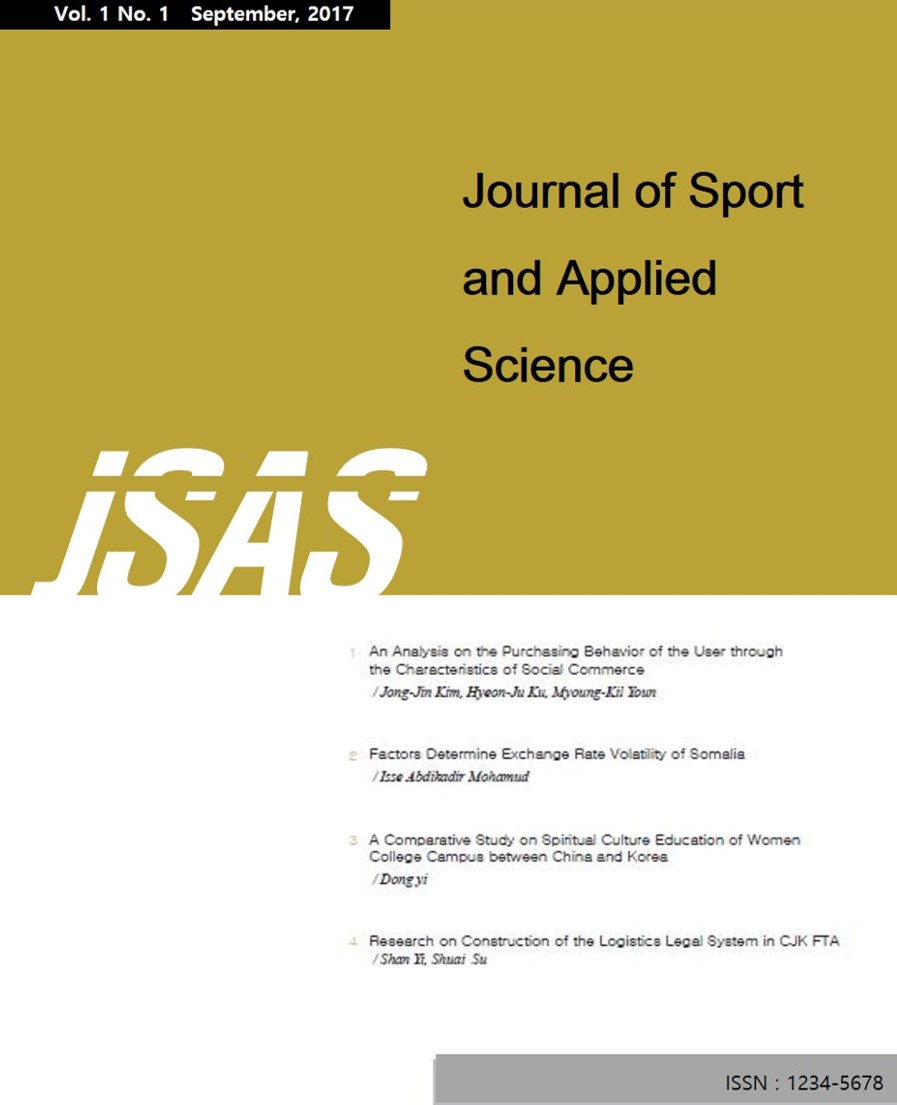- 권한신청
- E-ISSN2586-6028
- KCI Candidate
Effects of Voluntary Tutoring and Mandatory Tutoring on Academic Performance
John SMITH (Department of Counseling, Health, and Kinesiology, College of Education and Human Development, Texas A&M University-San Antonio One University Way)
Sukho LEE (Department of Counseling, Health, and Kinesiology, College of Education and Human Development, Texas A&M University-San Antonio One University Way)
Abstract
Purpose: Providing tutoring services may be one of the most effective practices for improving academic performance and student retention. However, there is little information on the difference between mandatory tutoring (MT) and voluntary tutoring (VT) on the impact of student academic performance. This investigation compared the effectiveness of VT and MT services in the three upper level undergraduate classes. Research design, data, and methodology: Baseline data were collected in a spring semester where no tutoring of any kind was offered (control group (CG), n=78). The MT (n=104) was required in the following fall semester, and in the next spring semester only VT (n=97) was offered. Descriptive statistics and One-way ANOVA using IBM SPSS v23 (Chicago, IL) were used to analyze the final grades of the courses to identify differences in final grades between semesters. Results: Although final grades averaged from three classes were highest in the MT group, there were no statistical differences between the MT and VT groups, F(2, 292) = 1.150, p =.318. Conclusion: This study indicates there was no significant difference in academic performance between the two tutoring types, but that both tutoring services can be effective.
- keywords
- Tutoring Session, Mandatory Tutoring, Voluntary Tutoring, Student Retention, Tutoring Satisfaction
- 다운로드 수
- 조회수
- 0KCI 피인용수
- 0WOS 피인용수














